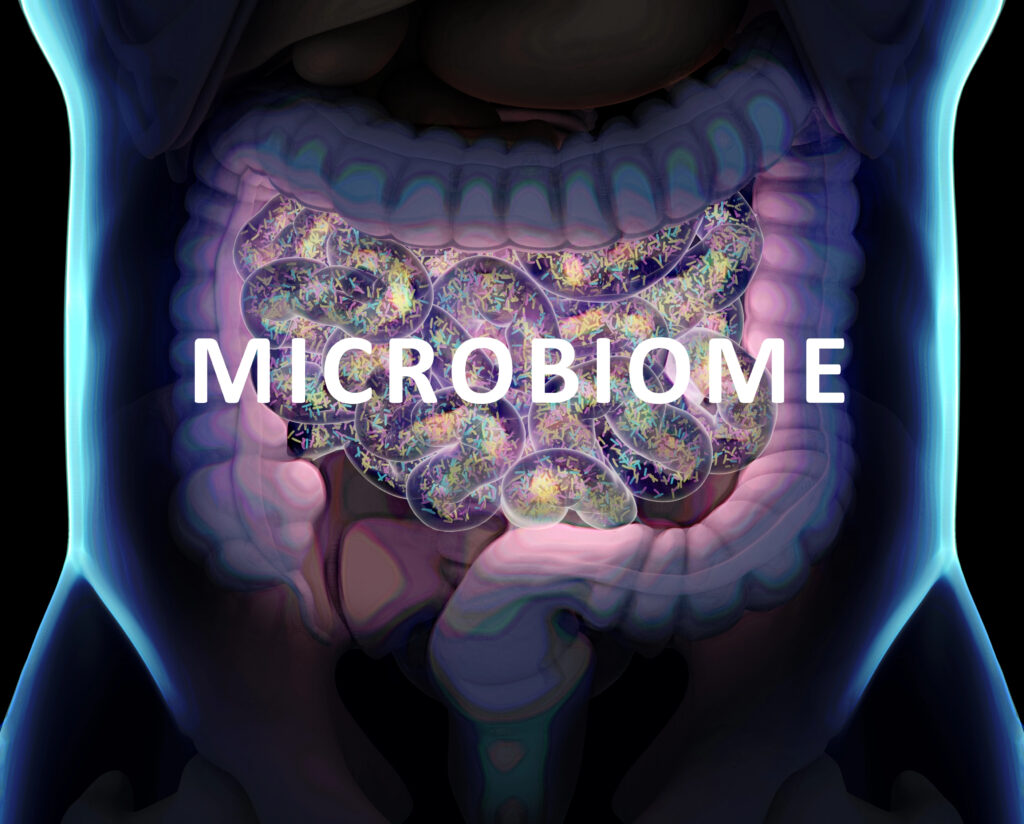The outdoors are wonderful—the chirping of birds, fresh air, and all the greenery—for many of us it begins a season of discomfort related to allergies. An allergic reaction occurs when the immune system misinterprets a harmless substance as a threat and releases histamines to fight the perceived threat. The symptoms of an allergic reaction may include shortness of breath, runny nose, itching of the eyes, nose or throat, sneezing, fatigue, respiratory and nasal congestion, headache, hives or other skin rashes. Lovely!!
Where are allergens found?
Allergens are found either in the environment or in food. We will devote this article only to environmental allergies, since food allergies are a subject unto themselves. The most common indoor allergens include mold, animal dander, dust, feathers, cosmetics & perfumes, household products, certain metals (especially nickel), and lanolin. The most common outdoor allergens are tree, grass and weed pollens, insect venom and mold spores.
What is the cause of allergies?
The cause of specific allergies is unknown, but it has been found that heredity can play a part. If a parent has allergies, one out of three of their children will likely experience allergies. A generally depressed immune system and high levels of stress may also play a part in the severity of allergies. Allergies, if left untreated, can result in chronic sinusitis. This condition causes persistent inflammation of the mucus membranes in the sinuses. It prevents the membranes from performing their defense function, not to mention being terribly uncomfortable.
Is it an allergy or a cold?
A “cold you just can’t shake” is often allergies. A cold will usually run its course in 7 to 10 days, and may be accompanied by a low fever and fatigue. Allergies can last weeks or even months, depending on how long you are exposed to the allergen. The character of mucus with a cold tends to be thicker and more yellow in color, as opposed to very thin and clear with allergies. You may sneeze with a cold or allergies, but the sneezing from allergies is more persistent and spasmodic.
How can I tell what I am allergic to?
Skin tests can be performed to see what you are allergic to. However, the more things you are allergic to, the more unreliable the test is. Another way to tell what you are allergic to is to look at the timing of your symptoms. Tree pollen allergies are at their height in the Chicago area from late March to mid-May. Grass pollens are worst in late May and into June. Mold spores peak in July and August and ragweed and other weed pollens peak in August and into the fall. For the past month, mold counts in the Evanston area have been quite high. The weed pollens are beginning to get to the moderate level as of about a week ago. I like to check local allergen counts on the American Academy of Allergy, Asthma, and Immunology website http://pollen.aaaai.org/nab/index.cfm?p=allergenreport&stationid=147&datecount=08%2F14%2F2015 to see what is in the air on a given day.
For indoor allergens, see when your symptoms are worst. Is it during the warm, damp months? Is it right before your house is cleaned? Right after? When your pet hasn’t been groomed in a while? Indoor allergens thrive in a warm, humid environment. If you suffer when your home feels damp, you may have a mold allergy. Get a dehumidifier to reduce this issue. If you suffer right before your house is cleaned or while you are cleaning then you likely have a dust allergy. Note how you feel after the house is cleaned and if you are bothered, then you may be sensitive to the household cleaners being used. Pet dander can also cause allergies, so pay attention if your symptoms are worse when your pet hasn’t been groomed in a while. Fortunately, there are homeopathic formulas that are targeted at specific allergens, so this is a good way to handle all of the above.
Is there a way to avoid allergens?
While allergens cannot be completely avoided, you can avoid them when they are likely to be at their peak activity. Sunny, windy days typically have the highest pollen counts. The sun stirs up the pollens and the wind carries them from place to place. Pollens are most active in mid-morning when they are just getting stirred up and in the early evening when they are settling down for the night. The absolute best time to be outside to minimize exposure to pollens immediately after a rainstorm. Plan your gardening and other outside activities around these times. For indoor allergens, the best way to avoid them is to keep your house very clean, use protective mattress covers, and keep your house sufficiently dry. All types of indoor allergens thrive in a warm, damp environment. One little-known way to keep indoor allergens at bay is to keep a variety of house plants around the home. The oxygen produced by the plants helps remove pollutants from the air. Some good varieties to have around for this purpose are areca palm, bamboo palm, Boston fern, dracaena, dwarf date palm, English ivy, ficus alii, lady palm, peace lily, rubber plant and spider plant.
What can I do to manage my allergies?
Diet
To keep your immune system healthy, make sure you get enough lean protein. Seafood and organic tofu are especially good sources that don’t encourage mucus production. Drinking lots of water will also thin mucus secretions. In general, emphasize non-mucus forming foods like whole grains, fruits and vegetables, cold-pressed oils and raw seeds and nuts. Stay away from dairy products, fried and processed foods, refined flours, chocolate and eggs.
Homeopathic Remedies
With homeopathic remedies, if you use a single remedy, it is important to pick the remedy that most closely matches your symptoms:
Allium cepa is good for burning, watery eyes and a runny nose. Sneezing is common and your symptoms feel better in open air.
Arsenicum album is good for burning eyes and a runny nose that doesn’t stop, causing raw skin under the nose. Effective for a highly sensitive person with many allergies.
Euphrasia is for red, burning, tearing eyes.
Histaminum is for allergy symptoms that come on quickly that are not life-threatening (e.g. no anaphylactic response).
Lycopodium is for people with right-sided nasal and throat symptoms.
Natrum Muriaticum is for people who sneeze from the sun. They tend to get cold sores and crave salty foods.
Nux Vomica is for people with diverse allergy symptoms who may wake up sneezing. People with an affinity to this remedy tend to crave sweets, tobacco, coffee and other stimulants.
Sabadilla is for people who suffer many sneezes in a row and a runny nose
Silica is for people whose allergies manifest as upper respiratory problems that develop into infections. They tend to feel low in stamina.
Nutrients to the Rescue!
Quercetin is a flavanoid that has a natural antihistamine effect and therefore will be in many combination allergy formulas. It can also be taken separately.
MSM (Methylsulfonylmethane) reduces allergic and inflammatory response
Bromelain is an enzyme that helps with inflammation in both the sinuess and the digestive tract. If weak digestion is contributing to functioning of the system and promoting allergies, this can be particularly helpful.
Probiotics replace the healthy bacteria in the intestinal tract and promote good digestion and proper removal of toxins from the body. If digestion is strong, potential allergens will be removed from the system before they become a problem. I especially like one that we sell that targets sinus and respiratory health.
Vitamin C helps immune system function and is a natural anti-inflammatory agent.
Fish or Flax oil provides essential fatty acids that mellow the inflammatory response and provide lubrication to the mucus membranes. One excellent formula we carry is Sinuplex by Metagenics. It does not cause drowsiness like many anti-histamines and is excellent for stopping mucus production, and relieving the inflammation response.
Herbs That Relieve Allergies
Stinging Nettle is the premier herb for allergies and reducing inflammation in the sinus cavities
Eyebright is important for red, swollen or burning eyes
Bee Pollen will help to tone and build the immune system
These herbs may be found alone or in combination with one another and/or some of the nutrients above.
Clearing Nasal Congestion
There are many nasal sprays that help to relieve the soreness caused by allergies, help to drain mucus, and prevent infection from developing. One other way to keep the sinuses clear is to use a netti pot. It is a small ceramic “genie pot” that you use to flow a mixture of water and non-iodized salt through the nasal passages. It carries out germs, keeps the sinuses drained and relieves soreness. There is also a netti wash formula that will target bacterial or viral infections that can be added to the water.
Managing allergies does take some work, but can often be well controlled with the use of homeopathic remedies, herbs, or other nutrients. The remedies can be taken in combination for allergies that are more severe. Talk to our staff about which best fits your situation.



